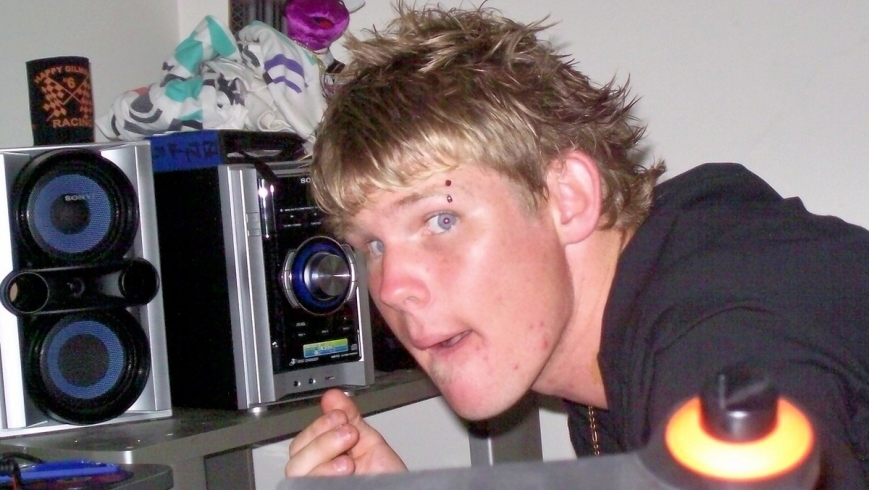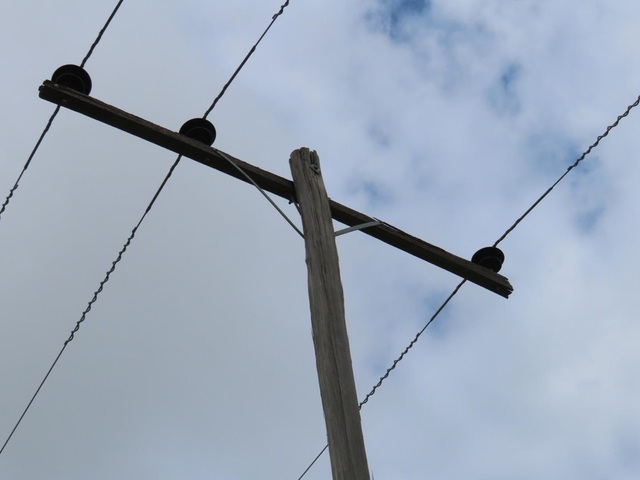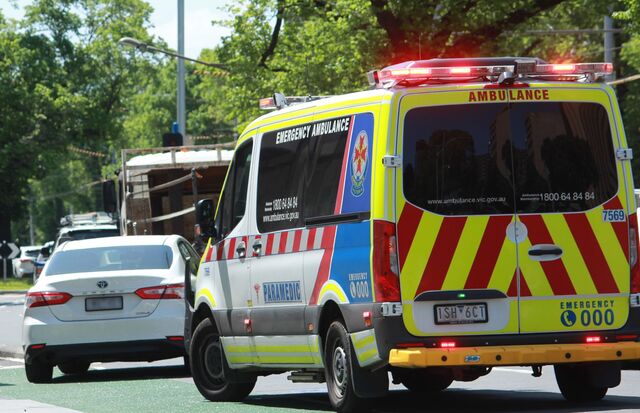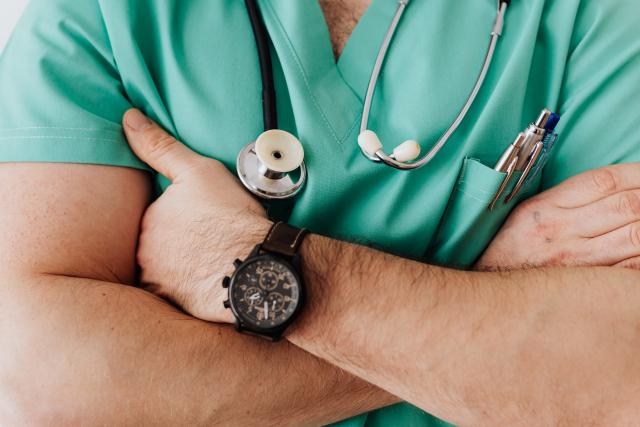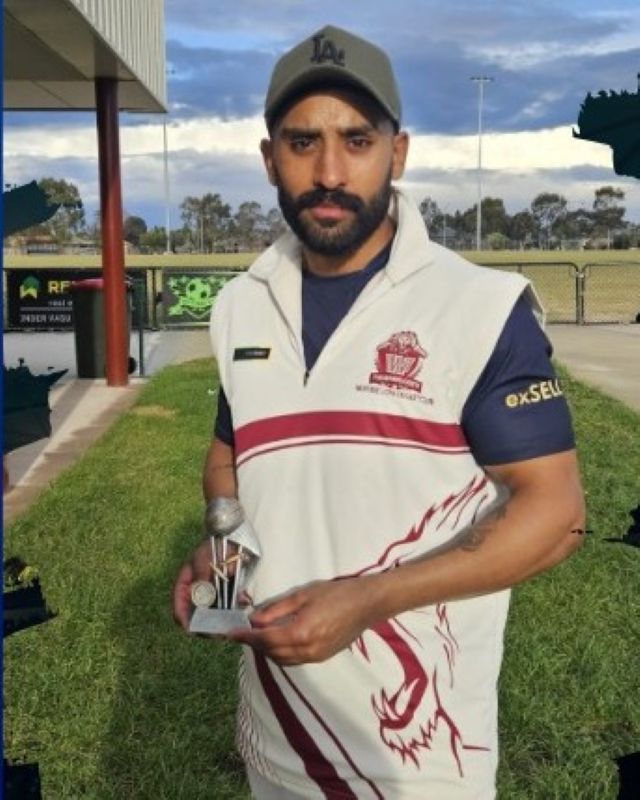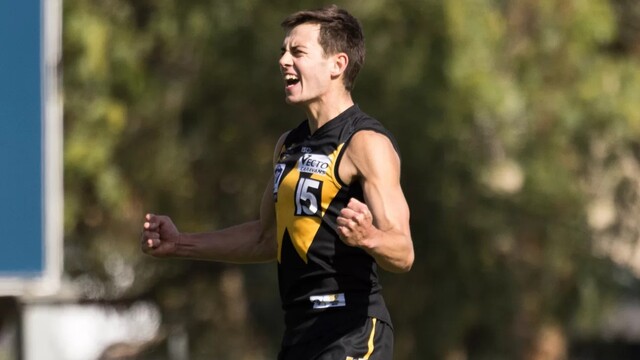THE mother of a Werribee teenager who died while in a home-based
care program after undergoing major surgery says a coronial inquest has
confirmed her feeling “this could have all been so different”.
When Andrew ‘‘Happy’’ Gilmore, of Werribee, died on the morning of
May 22, 2009, administrators from the Hospital in the Home program had
earlier told his parents to wait an hour to see if he felt better
instead of dispatching an ambulance.
The Coroner’s Court heard an ambulance was not called until
hospital staff received a third phone call saying Andrew was struggling
to breathe. The 17-year-old had also not been returned to hospital the
previous day, despite agonising pain.
FAMILY: Pain of loss ‘sometimes unbearable’
PROGRAM: Home care doubts
CORONER: Teenager in agony days before death
At a two-day coronial inquest last week, coroner Kim Parkinson
scrutinised the post-surgical program, under which about 60 patients
receive daily nurse visits at their homes.
She said that in 2009 there was a “lack of understanding” and no
clear protocol as to when a patient’s level of care should be increased
and what should prompt a return to hospital.
Andrew was injured playing for Glen Orden under-18s in the Western
Region Football League in May, 2009. He was rushed to Werribee Mercy
Hospital after a blow to his sternum in a marking contest and later
transferred to The Alfred to have part of his pancreas removed.
Doctors told his family he would be in hospital for up to three months, but he was released on May 19, 10 days after surgery.
His mother, Irene Gilmore, told the inquest she thought it was
“strange” that her son had been allowed to leave hospital so soon after
his operation. She said Andrew had not been eating well and suffered
pain on May 21 due to bleeding caused by the removal of staples from his
stomach.
Hospital in the Home nurse Margaret Candon visited Andrew’s
Werribee house that day, noticing he had vomited up his painkillers. She
instructed him to take the medication again and his pain eventually
settled.
Ms Gilmore told the inquest that the next day, on the morning of
her son’s death, she woke soon after 5am to find him cramped, in pain
and vomiting.
She said she phoned The Alfred at 5.50am on a phone number
provided by the Hospital in the Home program, but was told to wait for
painkillers to take effect. In a second phone call, by his stepfather
Jayson Delia 30 minutes later, the hospital was told Andrew’s pain
wasn’t getting any better.
But the Hospital in the Home program’s clinical co-ordinator,
after consulting with the gastrointestinal surgery registrar, told him
to wait another hour for someone to call back.
Mr Delia called the program co-ordinator at 7.53am, reporting that
Andrew was struggling to breathe, and the hospital dispatched an
ambulance.
Paramedics found Andrew unconscious. By the time the ambulance
arrived at Werribee Mercy, it was established he had been in cardiac
arrest for an hour. Despite multiple doses of adrenalin, defibrillation
and ventilation, he died just before 10.30am.
Under cross examination, Hospital in the Home representatives
revealed that Andrew’s stomach pain was a “new pain” he had not suffered
during his 10-day hospital stay following surgery. But they believed
the pain was not a major cause for concern.
Ms Gilmore said evidence at the inquest suggested Andrew’s death could have been prevented.
“If an ambulance had been called by 6.15am, they could have closed the bleed – the outcome could have been different,” she said.
Alfred Health has until October 28 to make final submissions. Coroner Parkinson expects to hand down her findings by mid-December.

